Great people were once children too
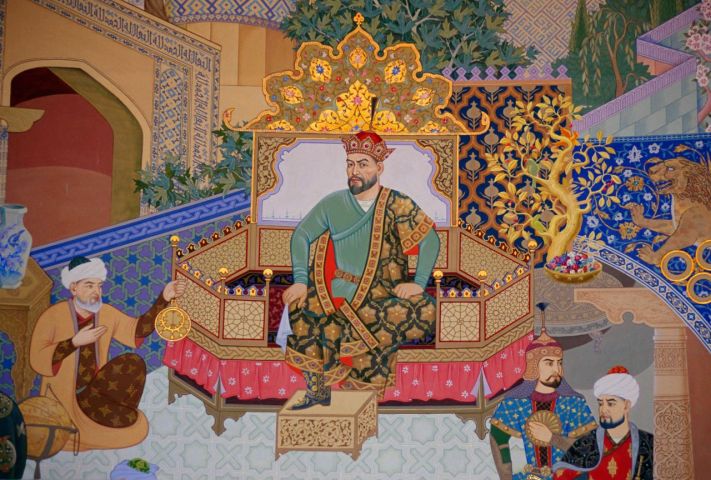
Wisdom lies not in age, but in the mind!
From an early age, Amir Temur was known for his exceptional intelligence, insight, and wisdom. When Temurbek was seven years old, he visited a relative with his father. The host was a wealthy and influential man who lived a life of luxury and owned dozens of slaves. During the visit, he complained to Temur’s father:
“God has blessed me with wealth, but I struggle to manage it. My slaves are impatient, and my children are unruly. I don’t know what to do”!
Listening from the side, young Temurbek joined the conversation:
“Uncle, divide your wealth and your slaves among your children. Assign one of the smarter ones to lead every group of ten slaves. Supervise each group closely. That way, your problems will be solved”.
The host was amazed by the young boy’s sharp mind and immediately said to Amir Taraghay:
“From his wise words, it’s clear your son is destined to rule the world”.
He then brought a pen and ink and had a written decree prepared, declaring that if Temurbek ever ascended the throne, neither he nor his descendants or relatives would ever impose taxes or punishments on the host’s family. In time, this boy grew into the ruler of seven climes Amir Temur. And true to his father’s friend’s request, he honored the promise. He exempted all of the host’s descendants from taxes.
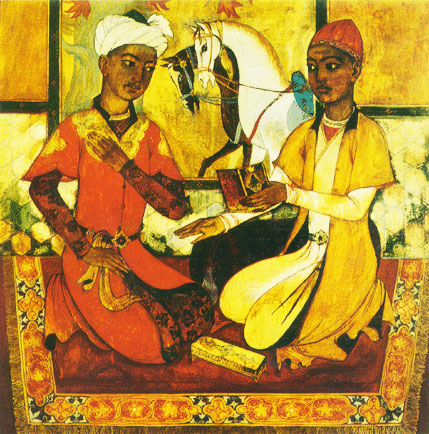
The Book Hidden from Young Alisher
Our great ancestor, Mir Alisher Navoi, developed a deep love for books from an early age. During his school years, his teachers would have the students read classical works like Saadi’s Gulistan and Bustan to improve their literacy. Around that time, young Alisher came across the masterpiece Mantiq ut-Tayr (The Conference of the Birds) by the great Persian thinker Fariduddin Attar.
Alisher read the work repeatedly, and his youthful heart found immense joy in it. He became so absorbed in the book that he lost interest in other readings. Captivated by the marvelous tales in the poem, he began withdrawing from others often sitting in solitude and lost in thought, avoiding his peers.
Noticing this change, his classmates informed his parents. Believing the book had overwhelmed their son, his parents decided to hide it. However, this effort proved useless their son had already memorized the entire book. In time, this boy grew into a great poet and authored priceless literary works. Eventually, near the end of his life, he responded to the book that had once enchanted his childhood by writing his own immortal masterpiece: Lison ut-Tayr.
Ibn Sina and the Blanket from His Cradle
According to legend, in his youth, Abu Ali ibn Sina traveled to a distant land in pursuit of knowledge. While wandering through a market, he came across a man and suddenly grabbed him by the collar:
“You once invaded my homeland and tore the blanket from my cradle, leaving my mother distraught”!
The man was astonished by this unexpected accusation from a stranger and, of course, denied any wrongdoing. Nonetheless, Ibn Sina took him to the judge. The judge observed them carefully and listened to both sides. The man insisted it was the first time he had ever seen Ibn Sina.
But Abu Ali stood his ground:
“This man is a thief. Thirty years ago, when I was a baby in the cradle, he stole the golden cover that lay over me. I was just six months old then”.
Intrigued by the case, the judge immediately ordered an investigation into the man’s past. It was discovered that he had indeed served as a soldier and had taken part in a military raid on Bukhara in his youth. Under pressure, the man finally confessed:
“It’s true. When we seized the city, many soldiers broke into homes and looted whatever they could. I entered one house but found nothing of value. Then I saw a golden cradle cover on the veranda. Ignoring the mother’s cries, I took the blanket and left. Never in my wildest dreams did I think that baby would one day recognize me and bring me to justice!”
Indeed, even as a child, our great ancestor possessed an extraordinary memory.
Most read
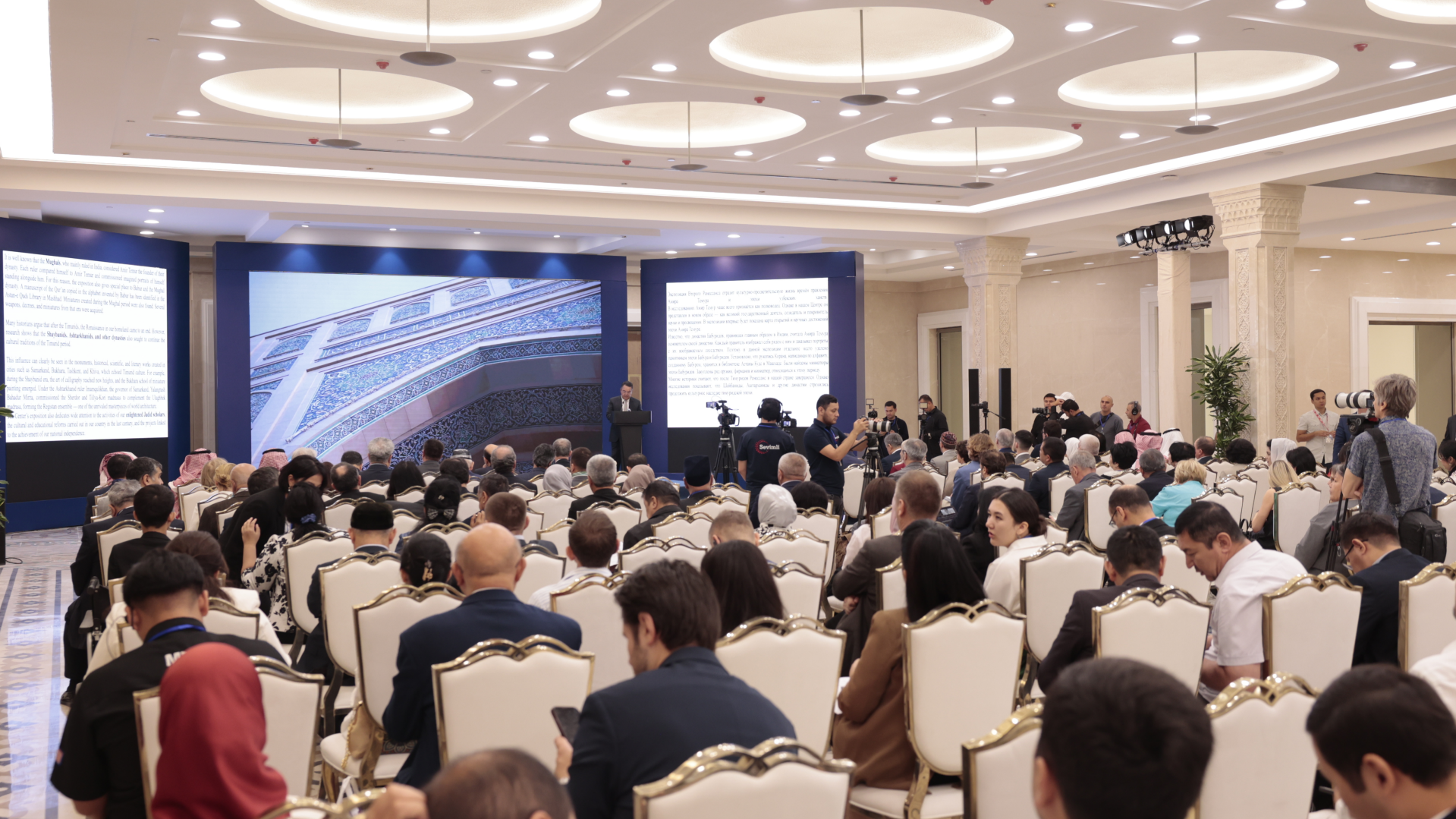
Over 100 experts from more than 20 countries of the world are in Tashkent!
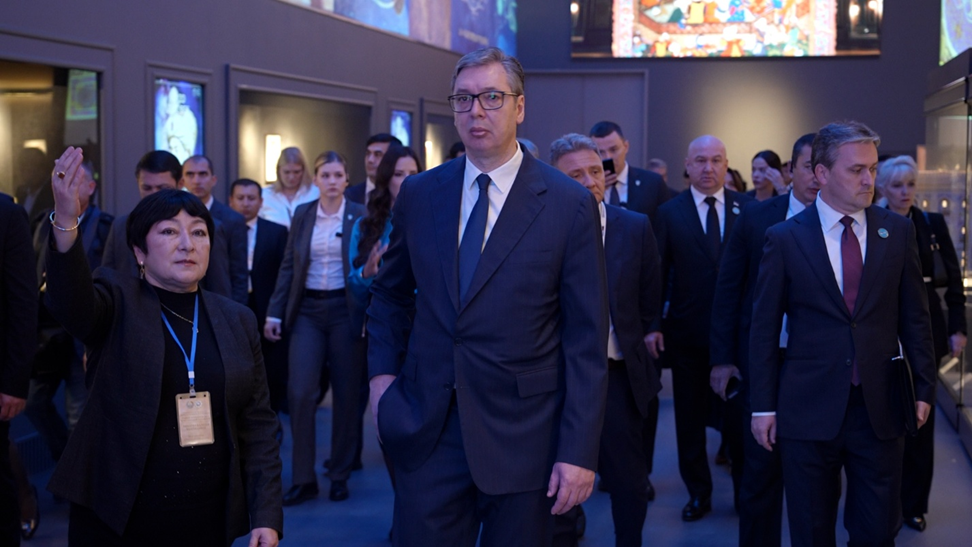
President of Serbia Aleksandar Vučić visited the Islamic Civilization Center in Uzbekistan
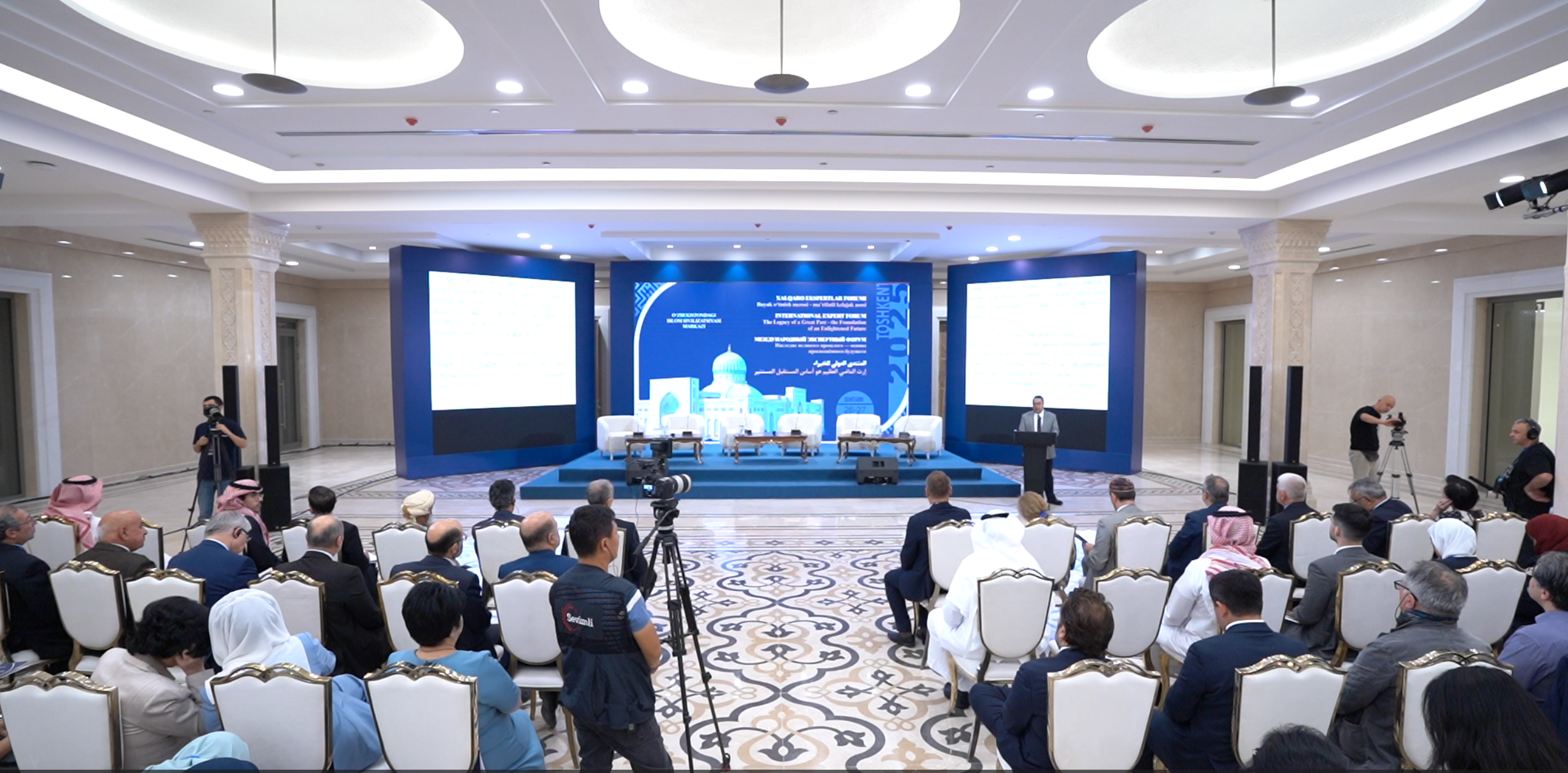
The Center for Islamic Civilization – a global platform leading towards enlightenment











